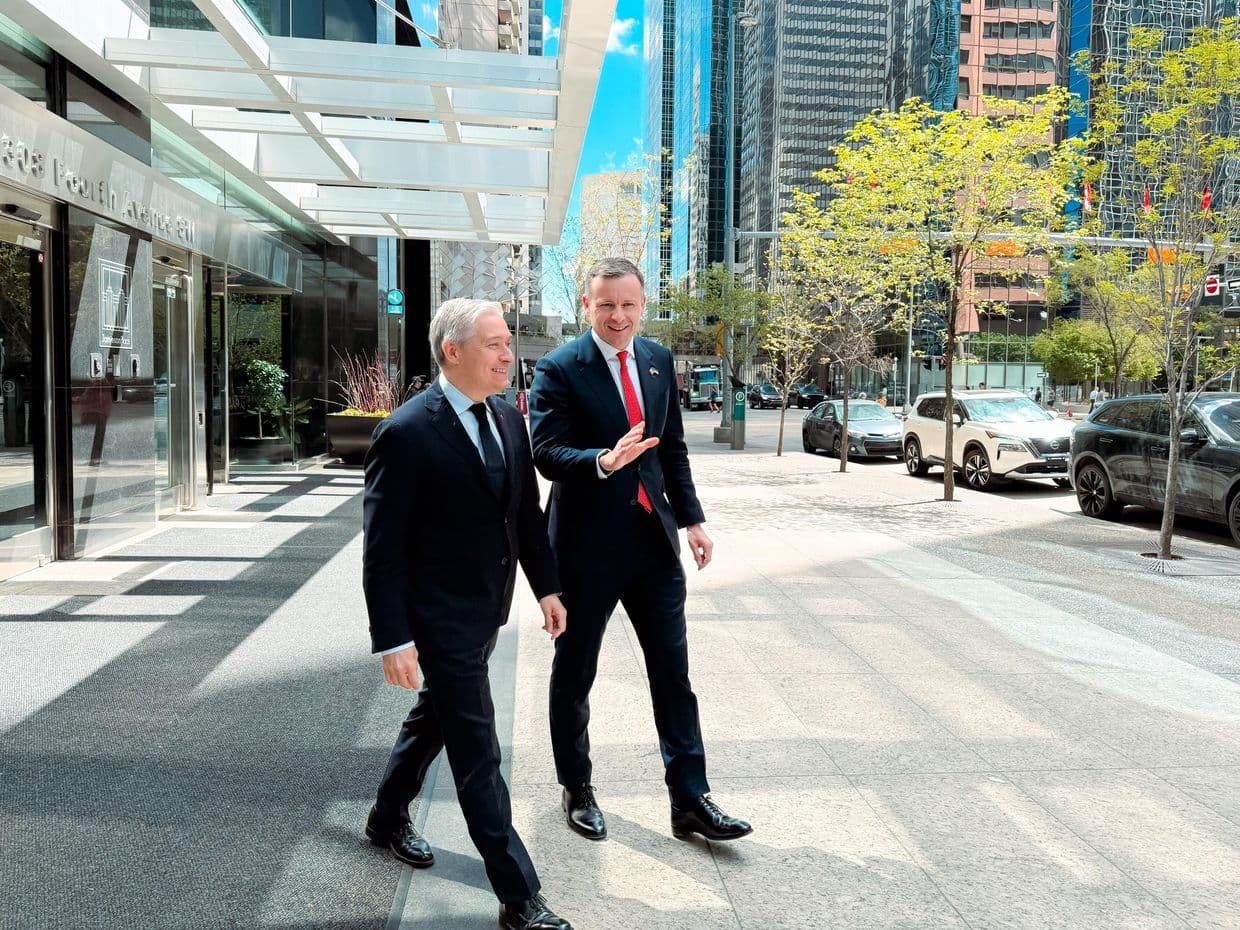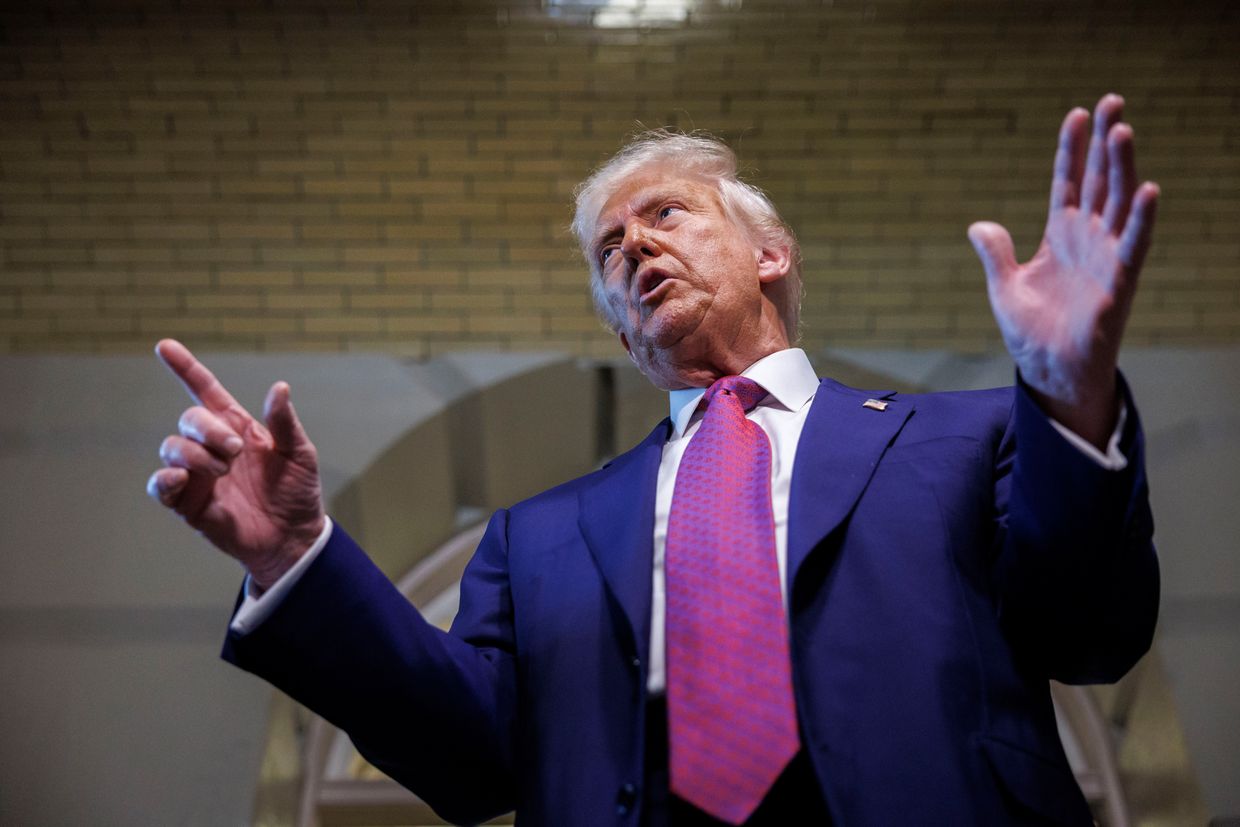Kyiv proposes EU partners help directly fund Ukrainian military under new model

Ukraine is requesting the EU begin financially supporting its armed forces starting in 2026, pitching the idea as a practical way to strengthen Europe's collective defense and share the cost of containing Russian aggression, Ukrainian Finance Minister Serhii Marchenko said on May 22.
The EU hasn't so far directly funded Ukraine's military, but member states provide weapons and other assistance through national programs and broader EU support packages.
Marchenko said Kyiv is proposing a new model: European partners would help fund the Ukrainian military, and in return, Ukraine would be further integrated into the continent's defense system.
"I am convinced that this decision has a number of strategic advantages for Ukraine, including maintaining financial stability in 2026 and beyond," Marchenko said in a statement following meetings with G7 finance leaders in Canada.
"And for the EU — protection from potential Russian aggression. After all, the Ukrainian army has all the experience necessary for this."
Under the proposal, the cost of supporting Ukraine's military would represent only a small fraction of the EU's combined GDP, Marchenko said, and could be shared among countries willing to participate. These contributions could count toward NATO defense spending targets.
"Over the past three years, Ukraine has received more than $133 billion in international financial aid," he said. "This support enabled the government to preserve macro-financial stability during full-scale war, ensure salary payments to teachers, doctors, and public servants, and continue pensions and social support for the most vulnerable."
"The financial system still faces challenges, which makes continued external support absolutely critical," the minister said.
With war still raging and Russia showing no signs of backing down, Marchenko argued that relying solely on building up national armies across Europe could take years and require enormous resources.
U.S. President Donald Trump proposed a full ceasefire in March. Ukraine immediately agreed, and the plan was supported by European leaders.
Russia has consistently refused, culminating in a phone call on May 19 between Trump and President Vladimir Putin, during which Putin once again rejected the proposal and instead demanded a "memorandum regarding a potential future peace treaty."
On May 16, Russia initiated peace talks in Istanbul but sent only a low-level delegation led by Putin aide Vladimir Medinsky and reiterated demands that Kyiv cede Crimea and four eastern regions. President Putin and Lavrov were both absent.
Recently, Russian Foreign Minister Sergey Lavrov virtually confirmed Moscow has no interest in negotiations or a ceasefire, saying on May 21 that "we don't want this anymore."












